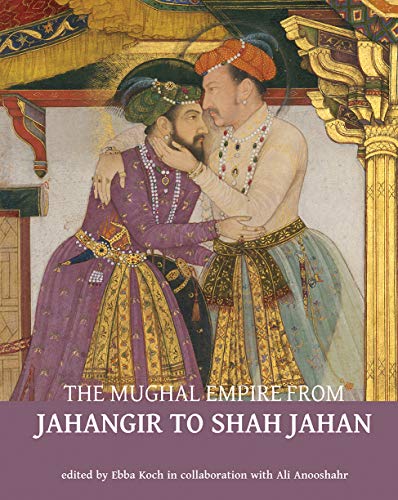2.18 Voluntary Contributions:
2.18.1 Bare Act Provision:
15. Voluntary contributions.―The Director-General may receive voluntary contributions towards the cost of maintaining a protected monument and may give orders as to the management and application of any funds so received by him:
Provided that no contribution received under this section shall be applied to any purpose other than the purpose for which it was contributed.
2.18.2 Authority of the Director-General to Receive Voluntary Contributions
Section 15 of AMASR Act empowers the Director-General of the Archaeological Survey of India (ASI) to accept voluntary contributions from individuals, organizations, or entities to support the maintenance of protected monuments. These contributions are financial or material donations given willingly, without any legal obligation. The Director-General has the authority to decide how these funds are managed and utilized, ensuring they are directed toward the upkeep, preservation, or enhancement of monuments declared as protected under the AMASR Act.[1]
The Director-General is granted the authority to issue orders regarding how voluntary contributions are managed and applied. This includes deciding the specific activities e.g., restoration, cleaning, or structural repairs for which the funds will be used. The Director-General can prioritize certain monuments or projects based on need, urgency, or other factors, ensuring the contributions align with the ASI’s conservation goals.
The doctrine underlying this part is the principle of public participation in heritage conservation. It encourages community involvement and private support for preserving Bharat’s cultural heritage, recognizing that government resources alone may be insufficient.
It also reflects administrative discretion, allowing the Director-General to exercise judgment in managing these funds effectively. This part is rooted in the doctrine of administrative flexibility. It allows the Director-General to adaptively manage resources to meet the specific needs of protected monuments, recognizing that each site may require different types of intervention. It also upholds the principle of trust in public office, assuming the Director-General will act in the best interest of heritage preservation.
2.18.3 Restriction on Use of Contributions
The proviso stipulates that voluntary contributions must be used only for the specific purpose for which they were donated. For example, if a donor contributes funds for restoring a specific monument, the Director-General cannot redirect those funds to another monument or purpose. This ensures that the donor’s intent is respected and the funds are applied as intended.
The proviso is based on the doctrine of donor intent and fiduciary responsibility. It imposes a legal obligation on the Director-General to act as a trustee of the donated funds, ensuring they are used in accordance with the donor’s wishes. This also promotes trust and encourages further contributions by assuring donors that their funds will not be misused.
While the section promotes community involvement, its vague language and lack of accountability mechanisms create significant legal loopholes. The absence of transparency, oversight, and clear definitions risks mismanagement, favoritism, or misallocation of funds. Additionally, the lack of provisions for stakeholder consultation or donor recourse undermines trust and effectiveness.
Reference:
[1] “Adopt a Heritage 2.0”, Ministry of Culture, Dt. 23.12.2022

Image credit: https://x.com/GemsOfINDOLOGY



